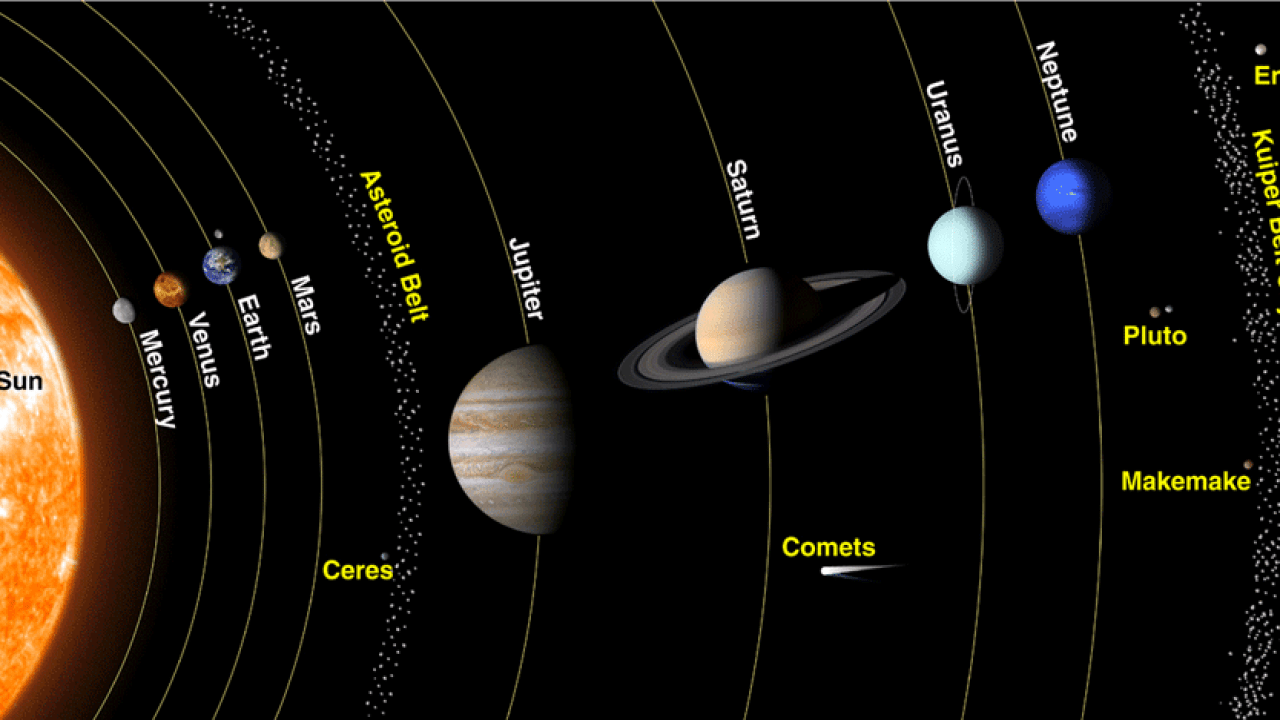miércoles, 30 de noviembre de 2022
jueves, 10 de noviembre de 2022
REVIEW SUPERLATIVES/COMPARATIVES
https://wordwall.net/resource/1649034/adjectives-comparatives-superlatives-segundo-primaria
https://wordwall.net/resource/12365249/superlativecomparative
https://wordwall.net/resource/3223565/adjectives-comparative-and-superlative
https://wordwall.net/resource/9826106/superlative-adjectives
https://wordwall.net/resource/11583855/comparative-and-superlative-moles
https://wordwall.net/resource/2428615/comparative-and-superlative
https://wordwall.net/resource/10744615/superlative-sentences
lunes, 7 de noviembre de 2022
PLACE DESCRIPTION
PLACE DESCRIPTION
INDEX
1.-Name of the place you visited:
I have been in ...
2.-Is it big or small?
It is……
3.- What are their measures?
It is ____km long.
Its diameter is___km long.
4.-Geography (mountains, desert, water, lakes, rivers, oceans, forest….)
o There are…
o There is…
o There aren’t….
o There isn’t….
-.-.-.-.-.-.-.-.-.-.-.-.-.-.-.-.-.-.-.-.-.-.-.-.-.-.-.-.-.-.-.-.-.-.-.-.-.-.-.-.-.-.-.-.-.-.-.-.-.-.-.-.-.-.-.-.-
5.- How far is it from the Sun?
It is_________ km from the Sun
6.- Near places.
Example: Mars and The Earth are near it.
7.- Name of the galaxy:
Example: The milky way is the Galaxy where it is located
-.-.-.-.-.-.-.-.-.-.-.-.-.-.-.-.-.-.-.-.-.-.-.-.-.-.-.-.-.-.-.-.-.-.-.-.-.-.-.-.-.-.-.-.-.-.-.-.-.-.-.-.-.-.-.-.-
8.- Temperature and weather
o The highest temperature is______ degrees
o The lowest temperature is _______ degrees
o In ... in summer/winter/autumn/spring it's... (sunny, windy, cloudy, foggy, rainy, snowy, stormy, hot, cold, warm, freezing)
-.-.-.-.-.-.-.-.-.-.-.-.-.-.-.-.-.-.-.-.-.-.-.-.-.-.-.-.-.-.-.-.-.-.-.-.-.-.-.-.-.-.-.-.-.-.-.-.-.-.-.-.-.-.-.-.-
9.- Animals
o The most traditional animal in ____ is the_____. It is …… It has….
10.- Food
o The most popular dish in _______ is the______. The ingredients are…..
11.- Houses
o The houses are….
12.- Means of transport (travel)
o The_____ is the most used mean of transport in ___
-.-.-.-.-.-.-.-.-.-.-.-.-.-.-.-.-.-.-.-.-.-.-.-.-.-.-.-.-.-.-.-.-.-.-.-.-.-.-.-.-.-.-.-.-.-.-.-.-.-.-.-.-.-.-.-
jueves, 3 de noviembre de 2022
REVIEW COMPARATIVES
https://wordwall.net/resource/11308789/comparatives
https://wordwall.net/resource/9831439/comparatives-5%c2%ba
https://wordwall.net/resource/4555702/comparatives
https://wordwall.net/resource/945136/comparatives
https://wordwall.net/resource/9429977/comparatives
https://wordwall.net/resource/10090917/comparatives
https://wordwall.net/resource/2341688/comparatives
https://wordwall.net/resource/1214655/comparatives-quiz
UNIVERSE VOCABULARY PART 2
Universe vocabulary Part 2:
ROCKET: A powerful spacecraft that lifts astronauts, satellites and other equipment into space.
METEOR: A chunk of space rock that burns as it travels through Earth’s atmosphere; sometimes called a shooting star.
MOON PHASES: The changing views of the moon as it orbits the Earth.
MOON: A natural object that orbits a planet.
PLANET: A large, round object that orbits a star.
GRAVITY: The strong invisible force that pulls things to the center of a planet or star. It keeps things from floating off Earth into sky.
DWARF PLANET: A kind of small planet, including Ceres, Pluto, Haumea, Makemake and Eris.
COMET: A space object with a large orbit around the sun, made up of icy gases, rock and dust.
SPACESHIP: A vehicle designed to orbit the earth or travel to celestial objects for the purpose of research, exploration…
UFO: Unidentified Flying Object
ALIEN: A being from another world, an extraterrestrial.
ATMOSPHERE: The air surrounding a planet.
ASTRONAUT: A person who travels into space.
ASTEROID BELT: The area between Mars and Jupiter were many asteroids are found.
ORDINAL NUMBERS AND SOLAR SYSTEM
- Venus is the second planet in the solar system.
- The Earth is the third planet in the solar system.
- Mars is the fourth planet in the solar system.
- Jupiter is the fifth planet in the solar system.
-Uranus is the seventh planet in the solar system.
- Neptune is the eighth planet in the solar system.
- Pluto is the ninth dwarf planet in the Solar System.
miércoles, 2 de noviembre de 2022
UNIVERSE VOCABULARY
VOCABULARY PART 1
GALAXY: A very large group of stars, gas and dust held together by gravity.
ASTRONOMER: A person who studies space.
ORBIT: An orbit is a regular, repeating path that one object in space takes around another one.
CONSTELLATION: One of 88 grouping of stars that make an imaginary picture.
SOLAR SYSTEM: A star and the objects that orbit it.
STAR: A bright, shining ball of gases such as Earth’s sun, usually seen in the night sky.
MERCURY: The smallest and closest planet to the sun. It’s similar in size to the moon.
VENUS: It’s the hottest planet in our solar system. It’s covered in lava. At night, it looks like a bright star in the sky.
EARTH: It’s our home and the only planet known to support life. It’s covered by oceans.
MARS: It looks reddish because there is a lot of iron in the rocks on the surface.
JUPITER: It’s the biggest planet in our Solar System, all other planets could fit inside it.
SATURN: It has thousand of rings that are made of icy rocks. It has at least 53 moons.
URANUS: It’s tilted and it spins sideways. It’s the coldest planet. It has at least 27 moons.
NEPTUNE: It’s a gas giant. It takes 165 years to travel all the way around the sun.
SUN: It’s a star. It gives us hot and light so it keeps plants and animals on Earth alive. It’s the center of the Solar System.
SATELLITE: A spacefcraft that orbits a planet and is filled with equipment to do jobs such as tracking weather and making maps.
TELESCOPE: A piece of equipment, shaped like a tube, that makes far away things look closer.
VOCABULARY GAMES:
https://wordwall.net/resource/35736922
https://wordwall.net/resource/35737755
AUDIO:
https://www.listenaminute.com/u/universe.html
